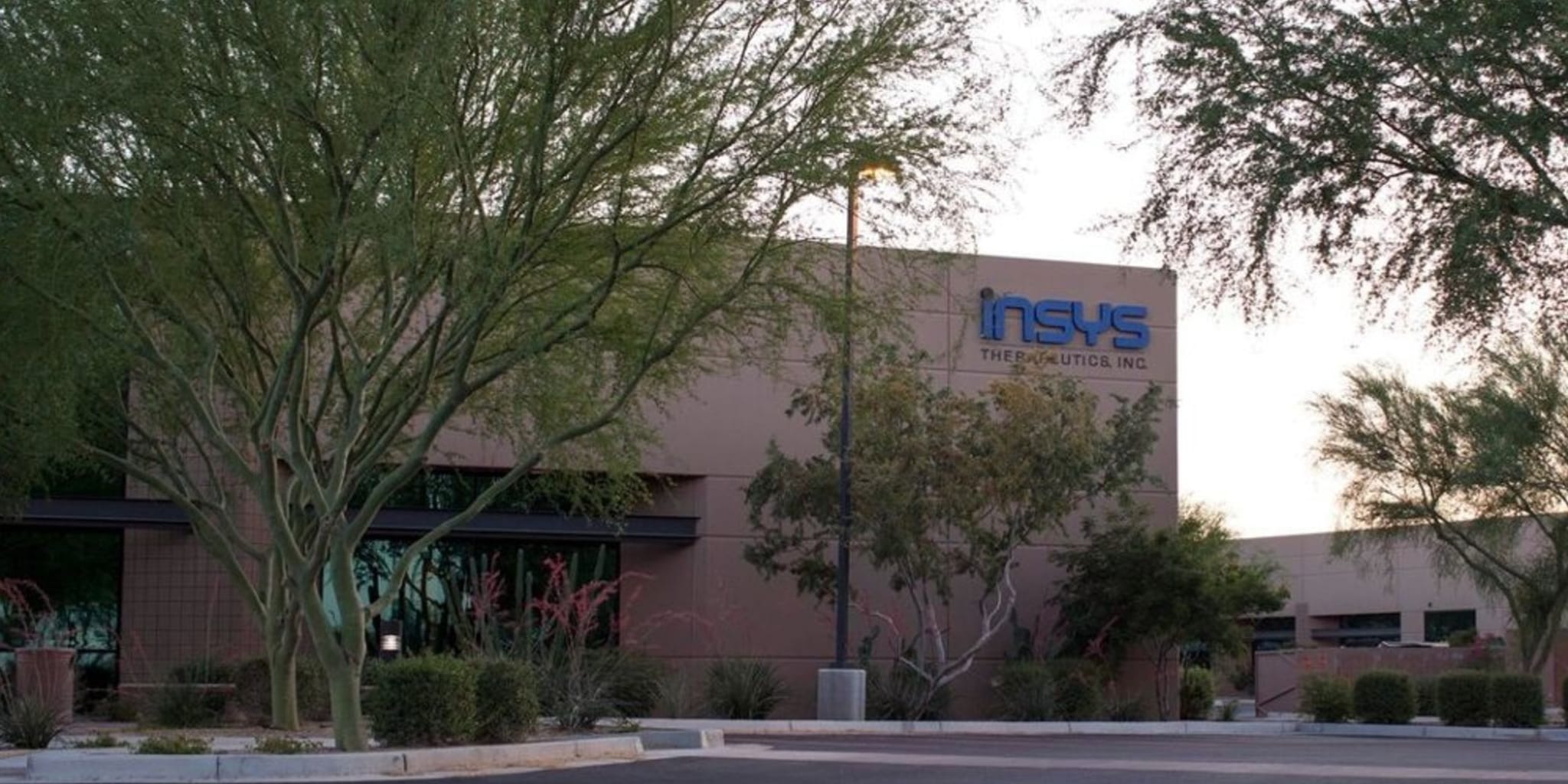
Battered by legal expenses, opioid drugmaker Insys files for bankruptcy days after $225M deal to settle government probes
To nobody’s surprise, controversial opioid drugmaker Insys is filing for bankruptcy.
Last week, the company $INSY agreed to pay $225 million to settle the …
Sign up to read this article for free.
Get free access to a limited number of articles, plus choose newsletters to get straight to your inbox.